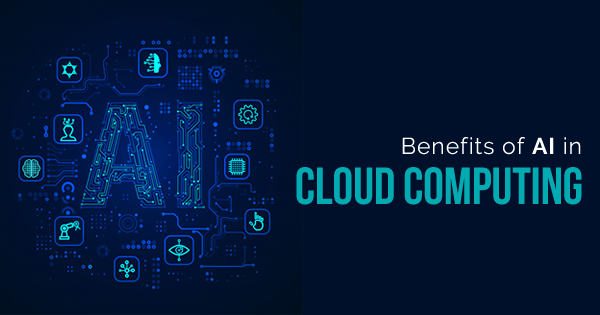AI is revolutionizing the way companies approach customer service by enabling predictive capabilities that can anticipate customer needs before they arise. Predictive customer service powered by AI uses data analysis, machine learning, and natural language processing to provide a proactive service experience, ensuring that customers receive timely and relevant assistance even before they reach out for help. This technology is transforming customer support from a reactive to a more anticipatory and efficient process, enhancing both customer satisfaction and operational efficiency.
At the core of AI-driven predictive customer service is the analysis of vast amounts of historical data. By examining past customer interactions, purchasing behaviors, and feedback, AI can identify patterns that signal when a customer might face an issue or require assistance. For instance, if a customer frequently experiences shipping delays or returns products, AI can predict that this customer might need proactive outreach to resolve their concerns before they escalate. Companies can use this information to initiate contact with the customer, offering solutions or assistance without them having to ask.
AI’s ability to predict customer issues extends beyond just identifying potential problems—it also plays a role in personalizing service. By analyzing customer data, AI systems can anticipate what a customer may want or need, offering tailored recommendations or solutions. For example, an AI-powered customer service platform might predict that a customer is interested in a specific product based on their previous browsing or purchasing behavior. It can then proactively send personalized offers or suggestions, enhancing the customer experience and boosting sales.
Chatbots and virtual assistants also play a significant role in predictive customer service. These AI-powered tools are able to resolve common customer issues instantly by using natural language processing to understand and respond to inquiries. Over time, as they interact with more customers, they learn to predict questions or concerns based on frequently asked queries or issues that arise in a particular context. For instance, a customer looking to check their bank account balance or inquire about their recent order can interact with a chatbot that already knows the best way to respond based on past interactions, reducing wait times and improving service efficiency.
Another application of predictive customer service lies in anticipating customer sentiment. By analyzing text and voice data from previous interactions, AI tools can gauge whether a customer is likely to be satisfied, frustrated, or in need of more detailed support. This allows businesses to intervene early, either by offering immediate assistance or escalating the matter to a human representative if necessary. For example, if a chatbot detects frustration or dissatisfaction in a customer’s tone, it can instantly transfer the case to a human agent who can handle the situation more effectively, ensuring the issue is resolved quickly.
AI’s predictive capabilities also extend to automating routine tasks, freeing up human agents to focus on more complex issues. Predictive models can foresee common queries, categorize incoming tickets, and even prioritize them based on urgency, ensuring that customers with the most critical issues receive attention first. For example, AI can assess the likelihood of a customer experiencing an account-related issue and automatically suggest relevant FAQs or resources before they need to contact support, reducing the overall workload for customer service teams.
However, the shift to predictive customer service with AI does present challenges. Privacy concerns and data security must be handled carefully, as companies rely on customer data to make predictions. Transparency about how data is collected and used is essential to maintaining trust. Furthermore, while AI can handle many tasks autonomously, human oversight is still necessary to ensure that predictions are accurate and that sensitive customer issues are addressed with empathy and precision.
Looking ahead, the future of predictive customer service lies in continuous learning and real-time data analysis. As AI technologies evolve, predictive models will become more refined, enabling businesses to offer even more personalized and timely customer service experiences. From anticipating issues before they happen to proactively delivering solutions, AI is helping companies build stronger, more responsive relationships with their customers, ultimately driving loyalty and satisfaction.




